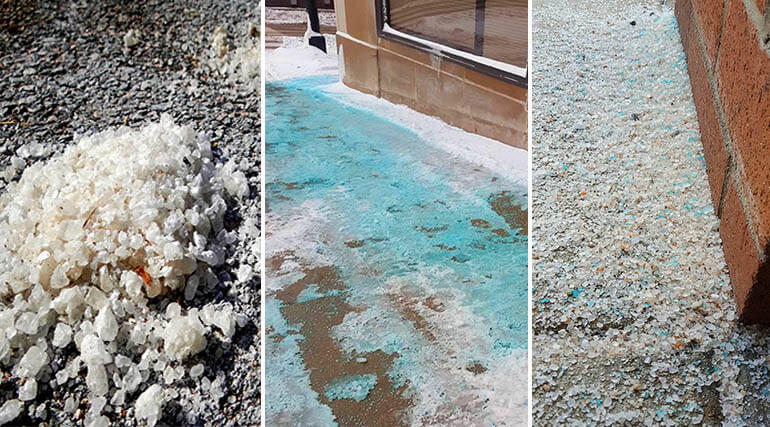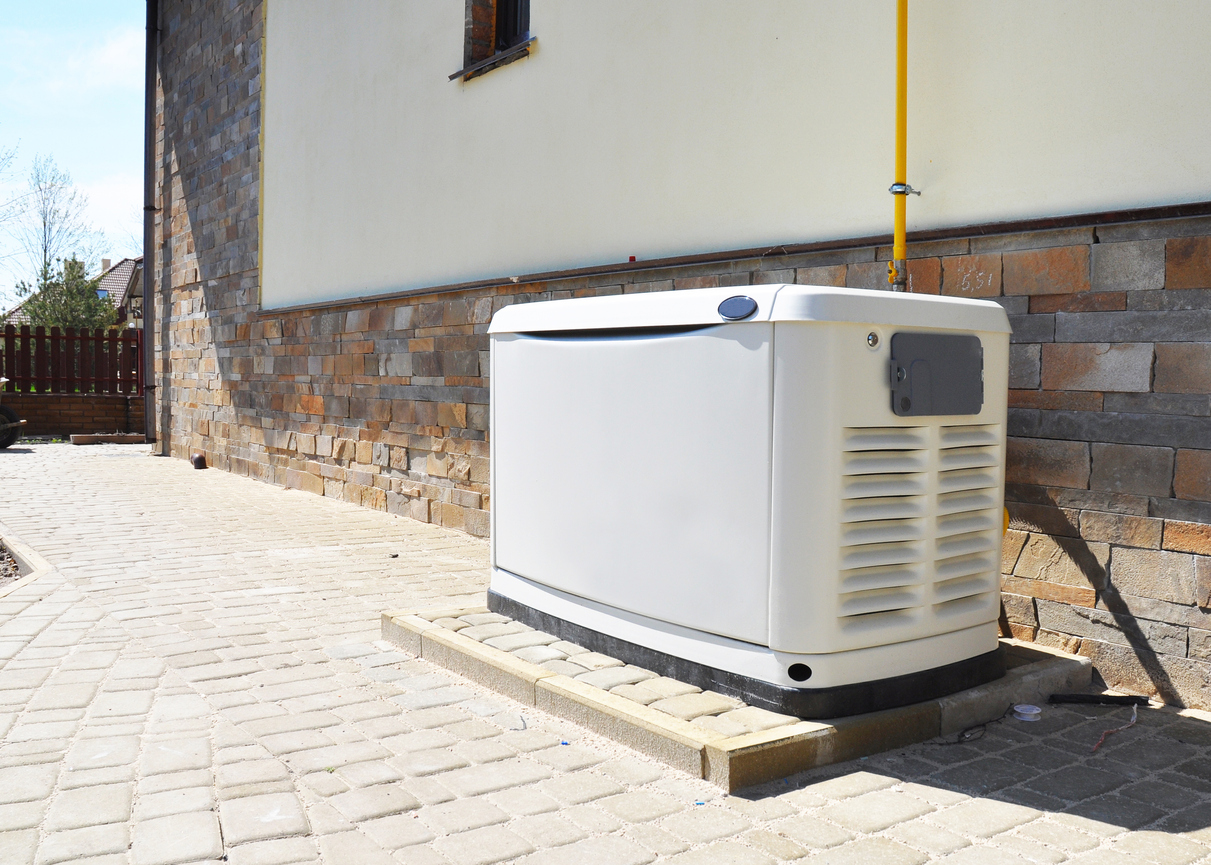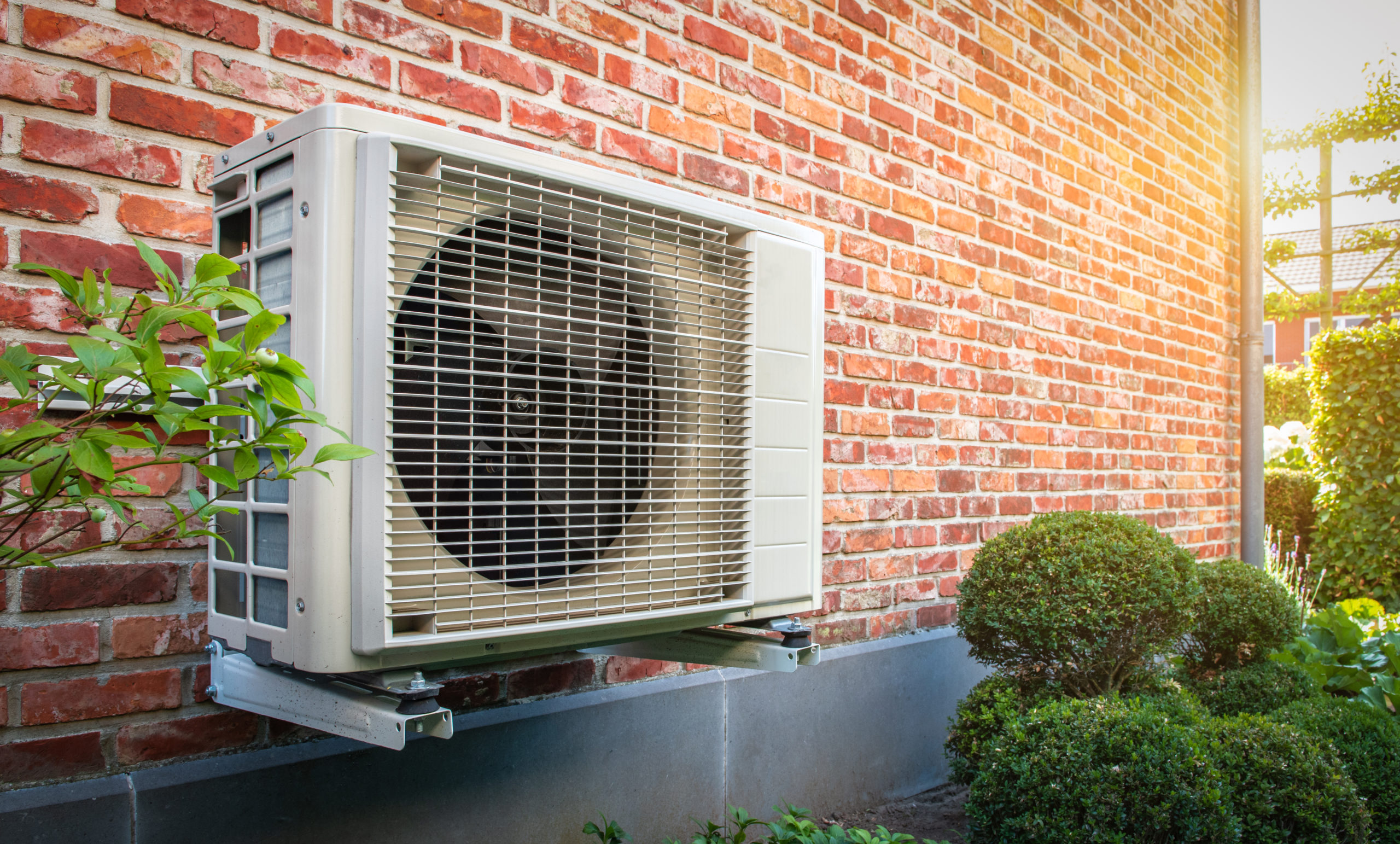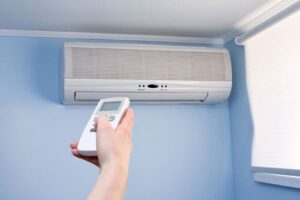Saving Madison From Salt
Winter Salt On The Roads Takes Its Toll
As residents of the City of Madison everyone sees salt on the roads from the first icy streets we drive on. To protect our citizens, the Madison Water Utilities will face the answer to many questions in 2019 and well into 2020. According to the website at MWU, special consideration will be given to this serious challenge we all face living in the Madison area. Action Plumbing, Heating, Air Conditioning & Electrical supports this endeavor by City officials to prepare us for the future of water in our entire region. We invite you to read this article and educate yourself on the upcoming efforts to answer the hard questions asked by our Madison community.
MWU looks for solutions as road salt infiltrates a major West Side drinking water well. Take a look at the pictures below to see examples of too much salt. In the search for a solution for getting the salt out of millions of gallons of drinking water here in Madison, we look no further that Madison Water Utility for answers the rest of this year and into 2020.
About half of the road salt used in Madison is spread on parking lots, sidewalks and driveways as the picture shows. For a complete look at the history and next solutions for the future the main question to ask will be: How do you get road salt out of millions of gallons of drinking water pumped by a major municipal well?
That’s the question Madison Water Utility will be trying to answer next year during a study at Well 14 on University Ave. and Flambeau Road. The utility has set aside $125,000 in its 2018 operating budget to look at possible alternatives – everything from reconstructing the well to on-site desalination to abandoning the well entirely.
“By the end of the study, we’ll have an understanding of what the potential solutions are and what the potential costs are. And then we’ll have a discussion about what we think is the best way to proceed,” says Madison Water Utility water quality manager Joe Grande.”
Well 14 is a critical water supply point for the city, pumping 750 million gallons of drinking water a year to homes and business along the University Ave. corridor. But it’s been showing increasing levels of sodium and chloride, the chemicals that make up salt. While not a health threat for most people, road salt in the water can have a big impact on taste. Madison Water Utility expects that levels will surpass the EPA-recommended threshold for taste in the next 12 to 15 years.
We’re going to resolve the problem. Well 14 is one of our top producers,” says Grande. “I’m confident we’ll come up with a solution. It’s just going to be a costly one.
Grande stresses it could be five to ten years before a long-term solution is built and in place.
Well 14 Disappointing initial study results
Earlier this year, the utility worked with researchers from the Wisconsin Natural History and Geological Survey to analyze the well’s bore hole. They discovered water was coming into the well primarily from two fractures in the sandstone aquifer – one just below the well’s steel bore hole casing and one much deeper, about 230 feet below the casing.
My initial thought was – you seal off that upper fracture and you’d be able to get better quality water because that lower fracture would have lower chloride and lower sodium,” Grande says. “But that wasn’t the case. We found that both of those fractures had similar levels of chloride and sodium.
That means if the utility decides to reconstruct the well, it will likely have to pull water from far deeper below ground in what’s known as the lower aquifer, which has its own set of water quality issues.
We would expect that there would be some level of iron and manganese in that water. And pulling water from those depths would be much more energy-intensive.
Iron and manganese are minerals that occur naturally in the lower aquifer, but they can cause discolored water and stain plumbing fixtures.
A city-wide problem
Road salt is becoming a growing environmental crisis in Madison. Chloride from salt has been found in all five Yahara Lakes, and according to research from Public Health Madison and Dane County PDF , levels exceeding the Chronic Toxicity Criteria for small aquatic life have been observed in Dunn’s Marsh, University Bay Creek, and Starkweather Creek.
Salt in the parking lot
This is a city-wide issue. Road salt has an impact on our lakes. It has an impact on our groundwater, and now our drinking water,” Grande says. “Well 14 is an indicator of things to come. It’s the first well that’s facing this kind of crisis. Others will follow suit.
The City of Madison is launching a voluntary Winter Salt Certification Program — the first of its kind in Wisconsin — aimed at teaching contractors how to reduce salt use while maintaining safety. Salt spread on parking lots, sidewalks and driveways makes up about half of the total winter salt use in the city.
There’s a heck of a lot of salt that’s being applied. Contractors can cut back their application rates by half and still be applying 5 to 10 times more than is adequate.
A recent groundwater study funded by Madison Water Utility shows that some of the salt infiltrating Well 14 could be coming from a massive stormwater channel carrying salt-laden water into Spring Harbor from as far away as West Towne Mall. Madison Water Utility is partnering with City of Madison Engineering and the U.S. Geological Survey (USGS) to install a monitoring station near Mineral Point Rd. and Grand Canyon Drive. The station will provide real-time precipitation, flow, and water quality measurements of that storm runoff.
This new station will provide some baseline information to compare against an existing USGS monitoring station located at Spring Harbor,” Grande explains. “Now we’re kicking off this voluntary winter salt certification and all these other outreach efforts to try and get people to reduce the amount of salt they use. Hopefully we’ll be able to see indicators that the water quality is getting better in the storm runoff.
If you are considering replacing toilets, sinks, faucets, showerheads, hardware, garage heaters, and any of your heaters or furnaces, you have come to the right place. Call Action Plumbing, Heating, Air Conditioning & Electrical Inc. in Sun Prairie, WI: (608) 837-3638 and speak to one of our qualified, certified staff about your specific needs.
Remember that we also serve these nearby communities: Middleton, Verona, Monona, Cottage Grove, De Forest, Fitchburg, Waunakee, Oregon, Mt. Horeb, Marshall and Windsor.
This content is free for use with credit to the City of Madison – Madison Water Utility and a link back to the original post.
If you need some Action now, you can click here to schedule service online now!
Our Promotions


Why Choose Action?
Fast, Affordable Service from a Team You Can Trust
- 100% customer satisfaction guarantee
- Clear and upfront pricing
- Licensed and insured technicians
- Same-day water heater installation
- 24/7 emergency services







